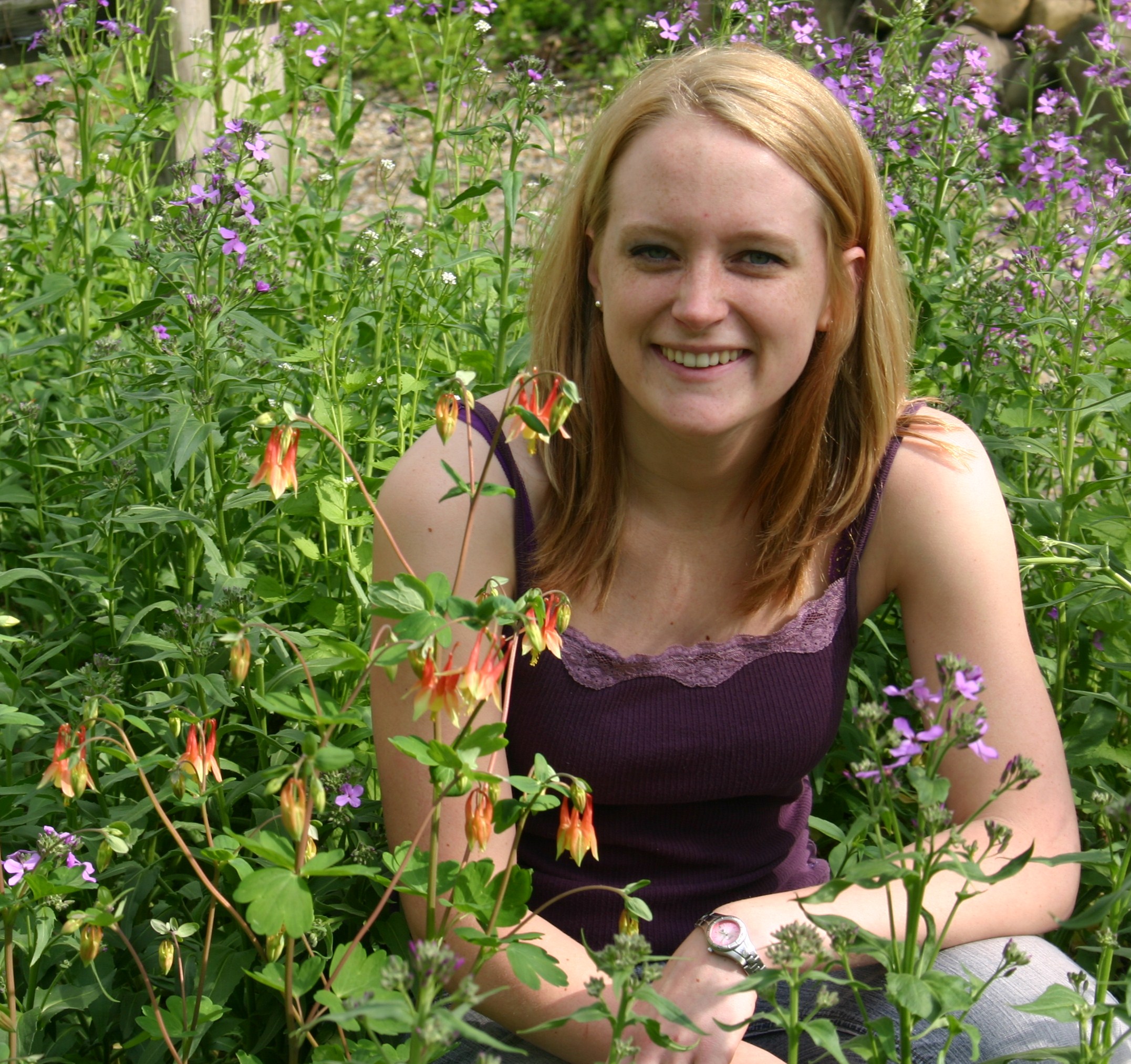


Korean mountain cherry represents a species of wild black cherry found in China and Korea. There it is used for its fruits, flowers and wood. The plant is well known pretty much like Prunus serotina Wild Black Cherry is in North America. The tree itself has never been grown much outside of its native lands and since it is not the 'fancy smancy' double flowered super ornamental cherries we are familiar with, it is not considered much other than a botanical curiosity. When I first heard of the tree, I thought it might be a form of sweet cherry and might have fruit potential. I was fortunate to get wild collected seeds of what was considered more timber like trees and put them in a planting at my farm, not thinking too much about them until they started fruiting. What attracted me to the trees, was the cloud of insects pollenating the blossoms in the spring. Such is the case of Prunus, everyone is in love with it. From what I have read, even the blossoms are eaten of this tree.
As the trees grew, it became apparent this species had much to offer. Although small, the dark black fruits had a strong sweet cherry taste.I could kind of get how this fruit could be processed. The fruit production is not super heavy usually but enough to collect and enjoy. The early ripening cherries (June and July) were consumed quickly by birds. The flowers attracted many pollinators. This was the cherry I was looking for. When pruning, I noticed the wood was very hard and heavy. This combined with its growth symmetrical growth and layered branching habit make it a possibility as a street tree.
This tree is fertile enough to be produced by seeds. There appears to be some variation in the seedlings, enough that larger selections could be made with better fruit production. It would be interesting to develop fruit syrups from this tree and uses with the flowers too. The wood has potential too and it would be interesting to find ways to highlight this further by making selections based on growth rate similar to what has been done with Prunus avium.
| Plant Specs |
| Genus & Species |
Prunus maximowiczii |
| Seed Source |
Michigan |
| Hardiness |
-30 F No winter damage at the farm at minus 25F. |
| Height (ft) |
20-50 ft. with equal width. |
| Pollination Requirements |
Self fertile. |
| Soil |
Can grow in a wide variety of soils including clay. |
| Climate |
Zone 3-8 |
| Ease of Cultivation |
Can grow in pretty much in any location. Plants produce an edible cherry similar to black cherry but not as sweet. Trees retain foliage all through the season and have large dark green leaves. Beatiful in flower and widely used by many pollinators in the spring. Much better tree wise than Kwanzan cherry as the trees grow more upright and have strong branching with dense wood. This tree offers a good urban tree along with its use for wood and edible fruits. Has been long lived at my farm. |
